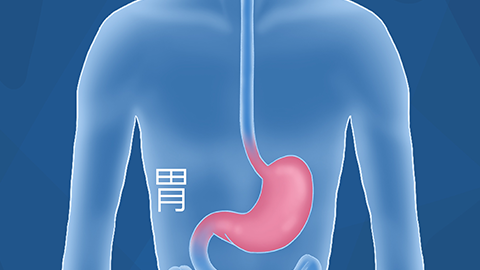Can patients with cardiac premature beats undergo gastroscopy?
Generally speaking, cardiac premature beats refer to premature contractions. Patients with premature contractions are not absolutely prohibited from undergoing gastroscopy; the decision depends on the frequency of the premature contractions. If the premature contractions occur occasionally, gastroscopy is usually permissible; however, if they are frequent, gastroscopy is not recommended. Detailed analysis is as follows:

If the premature contractions are occasional, with fewer premature beats per minute (e.g., less than 5), and the patient does not experience obvious symptoms such as palpitations, chest tightness, or shortness of breath, and if the heart's structure and function are normal, the patient generally can tolerate gastroscopy. During the procedure, as long as electrocardiogram and other vital signs are closely monitored, serious cardiac complications due to gastroscopy typically will not occur.
When a patient experiences frequent premature contractions—for example, more than 5 premature beats per minute—or has special types such as bigeminy or trigeminy, especially when accompanied by significant symptoms like palpitations, dizziness, visual dimming, or even syncope—gastroscopy may further increase the cardiac burden, potentially causing more severe arrhythmias and even threatening life. In such cases, gastroscopy is not recommended.
Maintain a regular作息 schedule, ensure adequate sleep, and avoid excessive fatigue. Additionally, reduce consumption of caffeinated and alcoholic beverages such as coffee, tea, and alcohol, as these substances may stimulate the heart and trigger premature contractions.




